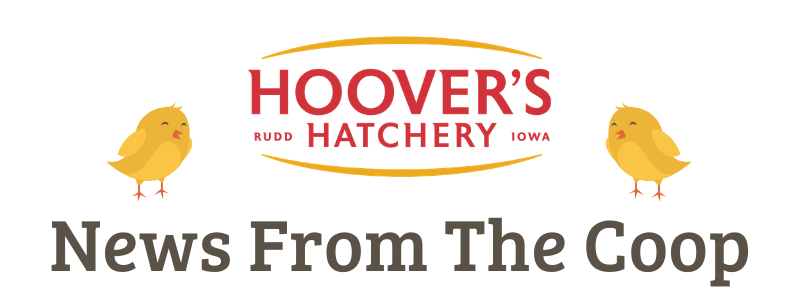Raising turkeys is not that different from raising chickens. The meat that home-raised turkeys produce is flavorful and bountiful. Turkeys are also more social than chickens and makes raising them a fun and rewarding experience. If you currently raise chickens, you probably have most of the equipment that you would need to raise turkeys.

Baby turkeys are called poults. You can purchase day-old poults just like you can chicks. You’ll need to set up a brooder for them similar to how you would for chicks. Poults can be a little bit more adventurous and may jump over short sides that chicks wouldn’t attempt to jump out of. Make sure the brooder is between 90-100 degrees for the first two weeks. You can then start raising the heat lamp and reducing the temperature of the brooder by five degrees each week. Poults will drink more water than young chicks will so make sure that they always have access to fresh water. Poults will die quickly from dehydration.
Once the poults are ready to come out of the brooder, they need to go into a fenced area. Turkeys should be raised separately from chickens. A turkey pen should be enclosed to prevent predators from taking advantage of an easy meal. A group of 12 turkeys requires about 75 square feet of space. Many people prefer to raise them more naturally and provide them with a larger pen for foraging. If you plan on feeding them, provide them with a high protein feed that is 24-28% protein to support rapid growth. If you plan on free-ranging them, red clover and Kentucky bluegrass seem to be favorite forages. A dozen turkeys will need at least two gallons of water per day.
When you’re ordering turkeys, determine which kind of turkey you want to raise. There are conventional, broad-breasted breeds and there are heritage breeds. Broad-breasted breeds cannot reproduce on their own. The toms of broad-breasted breeds are too heavy to successfully mate. Broad-breasted breed should be raised for meat production only. These breeds can reach weights of 20-30+ lbs. in as little as five months. If you want to start a flock that will continue to produce turkeys, get a heritage breed. They don’t grow and mature as quickly as the broad-breasted breeds but they will continue to expand your flock.





